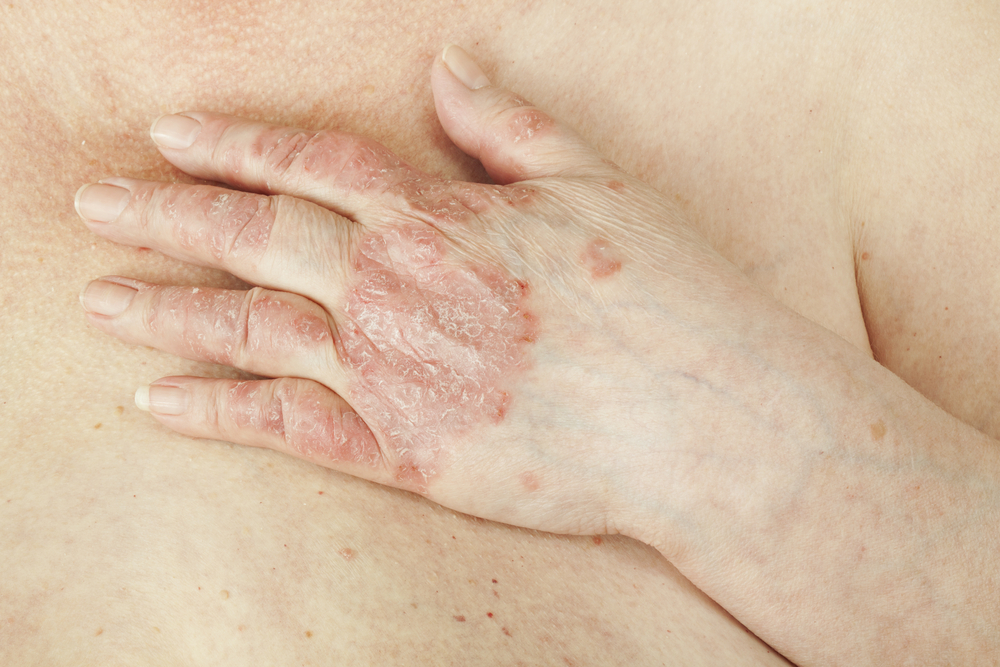
Health
Building upon work they completed over the decade ago, a group of researchers has created a new drug which will mimic the issues of tanning in humans without contact harmful ultraviolet radiation C a breakthrough detailed Tuesday in the journal Cell Reports.
While the principals are still in its early stages, in accordance with Science News, it might be the first step for the coming of a new self tanning cream which causes making the dark style of the pigment melanin, which absorbs UV radiation helping to protect skin cells from damage.
“It features a potent darkening effect,” Dr. David Fisher, chief of your?Department of Dermatology at Massachusetts General Hospital and something of the authors of your new paper, told to the BBC News website “Under the microscope it’s the best melanin, it is really activating the production of pigment in a UV-independent fashion.”
The newest research develops a prior study, led by Dr. Fisher and colleagues from MGH along with the Dana-Farber Cancer Institute in Boston, through which they applied a plant extract to mice which have skin a lot like that relating to red-headed, fair-skinned people that had difficulty tanning. Doing this stimulated output of the dark way of melanin, the study found, and whenever confronted with UV rays, the mice were probably not going being sunburned and develop skin tumors.
“There was an understandable curiosity about asking, could this be relevant to human skin?” Dr. Fisher told Science News. As you move the plant extract employed in the initial study was can not penetrate skin (which happens to be much thicker in contrast to mice), his team discovered a brand new enzyme which may block an inhibitor of melanin production and cause skin to seem tanned in just eight days.
Study could lead to a popular way to avoid skin cancer
The enzyme you want, salt-inducible kinases (SIKs), offered help to modify the transcription of a protein, the analysis authors explained inside a statement. Previous research conducted using a team of Japanese scientists had established that inhibiting SIK expression activated pigmentation in mice, prompting Dr. Fisher’s team to review the situation further.
They used a previously identified SIK inhibitor on a single sort of mice featured of their 2006 study, found that this creatures’ skin grew increasingly darker after daily treatments together with the substance. However, that compound is discovered to create a limited effects on human skin samples, leading the team to turn to study co-author Dr. Nathanael Gray of DFCI for help.
Dr. Gray brilliant colleagues launched a new type of small-molecule SIK inhibitors which was tested by Dr. Fisher’s team found to generally be a lot more perfect for penetrating skin cultures than the previous substance. The modern inhibitor was administered topically to skin samples daily for eight days, and study of the treated samples confirmed that dark melanin pigments ended up being produced and deposited at the surface in patterns per a suntan.
“We are looking forward to the potential for inducing dark pigment production in human skin without having a require for either systemic exposure to a medication or UV contact with skin,” Dr. Fisher said. But because he told BBC News, his team was motivated primarily via the lack of progress within the treatment and protection against skin cancer, which he known as the cause of “very significant frustration.”
“Our real goal is usually a novel technique for protecting skin from UV radiation and cancer,” he told the British media outlet. “Dark pigment is associated to less potential for all sorts of skin cancer C that is really huge.” As he cautioned how the researchers still need to guarantee that their new substance remains to implement, he said it was subsequently “possible” that it new SIK inhibitor “may bring about new ways of blocking UV-induced scare tissue and cancer formation.”
—–
Image credit: Unsplash












